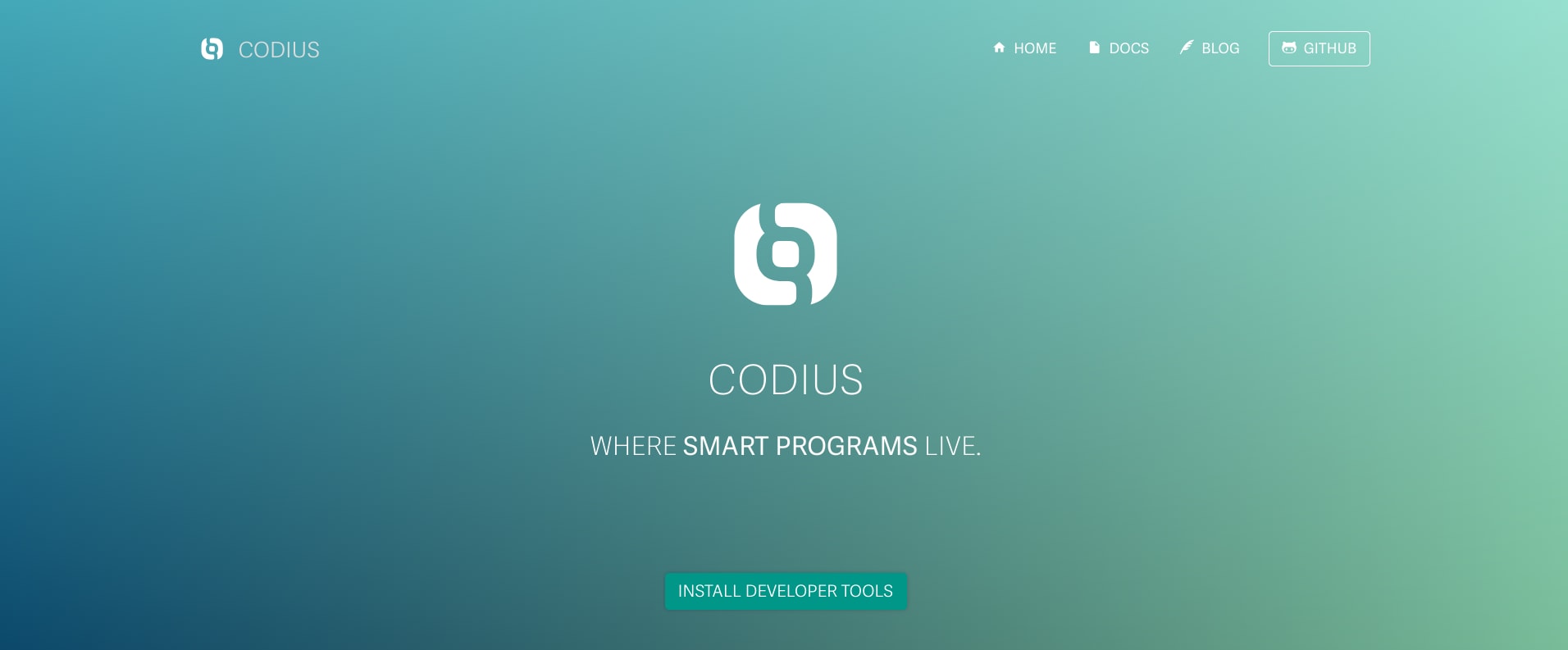There are many reasons why smart contracts are so popular these days. They are a natural extension of existing blockchain technology, but they also introduce a lot of new opportunities. Codius is looking to make smart contracts easier and smarter, which may prove to be a challenge.
Codius in a Nutshell
Anyone who has ever dabbled in smart contracts may have noticed that there is plenty of room for improvement in general. Moreover, there seem to be very few real-life use cases for smart contracts outside of the cryptocurrency industry as of right now. That situation will need to change sooner or later, and Codius aims to make positive things happen in this regard over the coming years.
How Does it Work?
Building a better infrastructure for smart contracts will not be all that easy. Codius acknowledges that a lot of challenges will remain in place for the foreseeable future, although things are seemingly progressing nicely. Ensuring that smart contracts across multiple blockchains can communicate with one another will certainly improve the existing ecosystem, even though it will require a completely different approach.
The Codius ecosystem works differently from existing smart contracts associated with either Bitcoin or Ethereum. It relies on independent hosts without an underlying blockchain. As such, the concept works more like an API, but one with infinite scaling possibilities and the capacity to read from and write to any existing or future blockchain in the ecosystem. It is a welcome change, although it remains to be seen how big of an impact Codius can make.
Additionally, Codius allows users and developers to determine their programming language. There is no proprietary language involved, which is rather interesting. Lowering the barrier to entry has been a top priority for the Codius team, and this approach will certainly pay dividends. Moreover, the project doesn’t use a native currency, as users can send and receive any digital asset, fiat currency, or other type of value across Interledger.
The Road Ahead
Although all of the above sounds rather promising, there is still plenty of work to be done. A new version of Codius has been released, which allows one to run standard containers written in any programming language. Making blockchain tech more mainstream will remain a challenge, but a venture like this one can make big things happen over the coming years. It seems the technology will make its way into open-source tools for XRP users, which will introduce some interesting changes.
Image(s): Shutterstock.com

